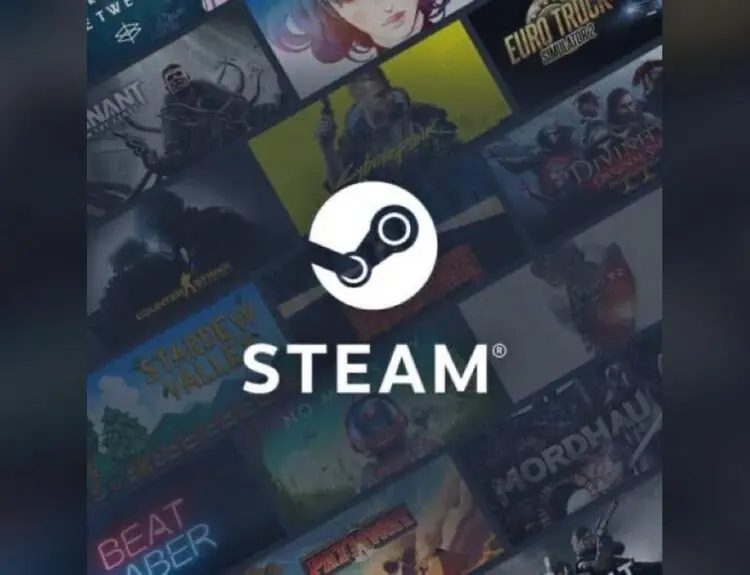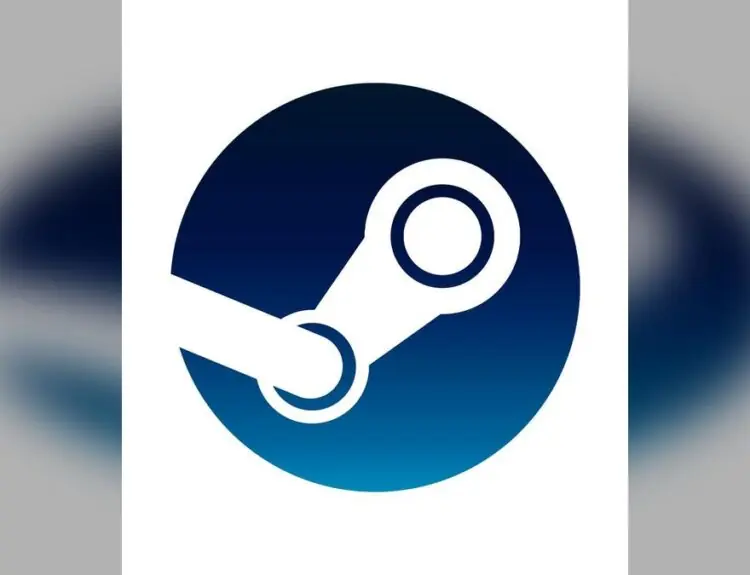South Korea’s Fair Trade Commission will be launching a review of the consumer practices of game companies. Pursuant to such effort, they already reached out and informed 10 companies to participate in the investigation. Among these companies are Riot Games, Blizzard, and Nexon, said The Korea Herald.
The FTC’s inquiry is concerning mobile games and PC in-game purchases. Specifically, they want to review the clause these gaming companies provided concerning minor players’ in-game purchases.
FTC revealed that there are some news items which suggest that it’s easier for adults to get in-game purchase refunds. However, they can only get refunded if they can prove that their kids used their credit card without permission.
However, if one underage user willfully deceives his parents, it’s on that minor. If an underage kid spends more than $62 or 70,000 won per month, then he’ll be accountable. To date, $62 or 70,000 won is considered the legally allowed amount for purchase for the age bracket.
Some games don’t expressly specify parental approval before their teen kids can sign-up in a game. Instead of these unequivocal terms, only hints of de facto permission from parents are indicated. Of course, if the terms are ambiguous, it can be open to a lot of legal interpretations. It can even open loopholes that these gaming companies can use as a defense during a full-blown trial.
The FTC usually holds investigations on the premise of an internal decision. They can also conduct investigations in cases wherein there are sufficient consumer reports on certain issues. In these two cases, FTC’s attention is required to look closer into the cases.
In this particular circumstance, FTC wants to know clearly how these game companies regulate their in-game purchases. They’ll be including gift items into the subject of their inquiry, too.
There are gifted items that only provides very limited redemption period. Also, there are items which don’t offer refunds even if the person gifted didn’t accept it.
In the US, similar concerns were also raised involving in-game items purchased by children. Just this year, Facebook was in hot water for making a system that allowed children to spend millions of dollars on games. These purchases were not allowed by their respective parents.
It’ll be a long investigation but many hopes that it will bear fruitful results. Many parents have been complaining, and it’s high time that these big companies face the allegations against them.







